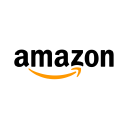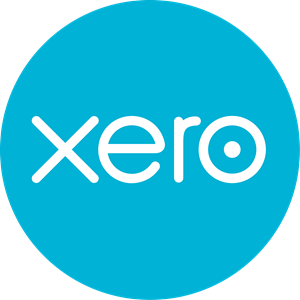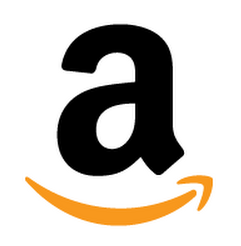Reedsy Update: Our Non-Linear Journey To Reaching $24M ARR
This is a follow up story for Reedsy. If you're interested in reading how they got started, published about 5 years ago, check it out here.
Hello again! Remind us who you are and what business you started.
Hello! I’m Ricardo Fayet, one of the four founders of Reedsy. As you may remember from our first Starter Story, we’re an online marketplace connecting authors with some of the world’s top publishing talent — from editors and proofreaders, to cover designers, illustrators, ghostwriters, book marketers, and literary translators.
Reedsy’s overall aim is to make it as simple as possible for authors to publish beautiful, professional books. We achieve that both through our marketplace as well as our treasure trove of free tools and educational content — like our 50+ free online writing courses.
Right now, we help produce close to 2,000 books every month through our Marketplace alone, and almost two-thirds of the 3,000+ freelancers on there have at least one ongoing project. In short, we provide recurring work for a lot of independent publishing professionals!
Tell us about what you’ve been up to. Has the business been growing?
The...
































